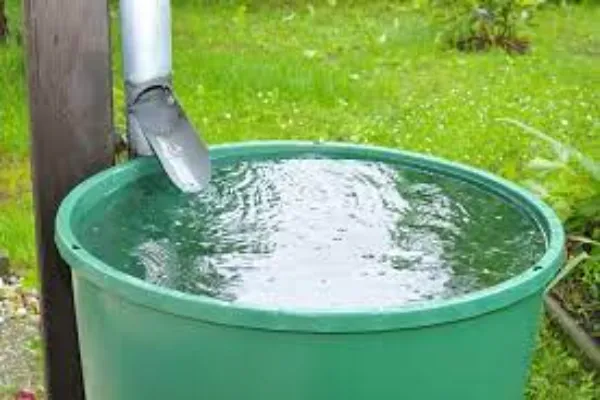Understanding the Controversy Behind: Why is it Illegal to Collect Rainwater

Unraveling the Legal Waters of Why Is It Illegal to Collect Rainwater?
The seemingly innocuous act of collecting rainwater has stirred up a surprising amount of legal debate in various parts of the world. While rainwater harvesting has been practiced for centuries as a way to conserve water and promote sustainability, the question of its legality has raised eyebrows and prompted discussions about property rights, environmental concerns, and water management. In this article, we delve into the reasons behind the prohibition of collecting rainwater in certain places, the arguments on both sides, and the potential implications for water resources and the environment.
The Basics of Rainwater Harvesting
Rainwater harvesting involves the collection and storage of rainwater for various uses, such as irrigation, watering plants, flushing toilets, and even drinking in some cases. This practice has been employed by civilizations throughout history as a way to utilize a naturally abundant resource and reduce the strain on traditional water sources.
The Legal Quandary: Reasons Behind the Ban

1. Water Rights and Ownership: In regions where water scarcity is a pressing issue, laws surrounding water rights and ownership are complex. Governments and water authorities often control water distribution to ensure equitable access, and some argue that private rainwater collection could potentially disrupt this balance.
2. Downstream Impact: Another concern is the potential impact of rainwater harvesting on downstream water availability. Collecting rainwater might divert water that would otherwise contribute to local aquifers, streams, and rivers, affecting ecosystems and communities downstream.
3. Water Quality and Public Health: Some jurisdictions regulate rainwater collection to safeguard water quality and public health. If rainwater is improperly collected or stored, it could become contaminated and pose health risks to those who use it for consumption.
4. Economic Considerations: In areas where water is a valuable commodity, authorities might have economic reasons for regulating rainwater collection to maintain revenue from water distribution systems.
The Arguments in Favor of Rainwater Harvesting
1. Sustainability: Proponents argue that rainwater harvesting promotes sustainable water management by reducing demand on conventional water sources, which is particularly important in regions facing water scarcity.
2. Self-Sufficiency: Rainwater harvesting empowers individuals and communities to become more self-sufficient in their water supply, especially in areas with unreliable access to municipal water.
3. Environmental Benefits: Collecting rainwater can reduce stormwater runoff and soil erosion, benefiting local ecosystems and reducing the strain on infrastructure.
4. Water Conservation: Rainwater harvesting conserves water resources, making them available for essential needs while decreasing pressure on rivers, lakes, and groundwater.
5. Educational Value: Encouraging rainwater harvesting can raise awareness about water conservation and environmental stewardship.
Navigating a Complex Issue

The legality of rainwater harvesting varies widely across jurisdictions:
1. Legalization: In some places, collecting rainwater is explicitly encouraged and even incentivized through rebates and tax credits.
2. Regulation: Other regions have regulations that allow rainwater harvesting with specific guidelines and permits to ensure proper collection and use.
3. Prohibition: In a few cases, rainwater harvesting is outright prohibited due to concerns about water availability, contamination, and broader water management strategies.
Conclusion: Balancing Rights and Responsibility
The question of whether it’s illegal to collect rainwater highlights the complex interplay between individual rights, environmental concerns, and public welfare. As the global population grows and water resources become increasingly stressed, finding a balance between water conservation, personal freedoms, and responsible water management is crucial. The debate surrounding rainwater harvesting serves as a reminder that sustainable water practices require a comprehensive understanding of local water dynamics, community needs, and the broader implications for both the environment and society.